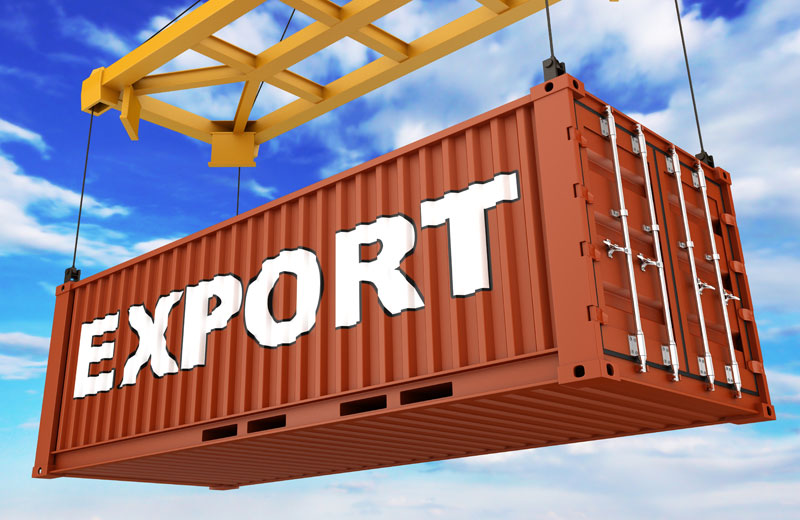Uncertainty over payments amid growing tensions between the two sides has led to a drop of over 50 per cent in India’s tea exports to Pakistan — to only 3.14 million kg — so far this calendar year.
Pakistan is the world’s biggest tea importer after Russia in value terms. According to estimates, the country imports about $560 million worth of tea every year, compared with $490 million worth of tea imports by Russia.
According to Tea Board data, India’s tea exports to Pakistan during January-August 2019 stood at 3.14 million kg, valued at $4.80 million, against 6.17 m kg (worth $9.02 million) during the same period last year.
Exporters say that the main reason for declining tea exports is that nobody wants to stick his neck out and be seen as exporting to Pakistan at a time when cross-border skirmishes are common and Pakistan’s assertions over the withdrawal of Kashmir’s special status are creating controversies.
“Pakistani buyers usually don’t falter on payments. Our trade relations with them were good until recently. But the Pulwama attack earlier this year hit exports. And now, the situation has worsened. We are unsure if payments would come if we sent them consignment,” said a tea exporter to Pakistan.
After the Pulwama attack, in which 40 Central Reserve Police Force (CRPF) personnel were killed in February this year, India increased import duty on Pakistani goods by 200 per cent, even as the latter maintained the import duty on tea at 11 per cent.
Pakistan has traditionally been a good market for budget tea varieties from South India.
According to sources, during times of strife between India and Pakistan, Indian exporters mostly route their consignments via other countries to stave off any trade crisis.
Dubai in the UAE, Kazakhstan and Egypt are some hubs for such routing of tea to Pakistan.
Under this mechanism, tea from India is billed to a buyer in one of these countries. This buyer accepts the shipment and then forwards it in its original sealed form to Pakistani ports, and then to the intended final buyer in Pakistan. But the Pakistani buyer makes payment to the Indian exporter directly, not through intermediaries. “This time, however, such re-routing of tea is also not happening,” rues an exporter.
Exporters fear that shipments might now get tracked as it is not too difficult to find out the final port of delivery or destination.
In fact, Tea Board data reveal that in the January-August period, exports to UAE fell by 37.87 per cent to 3.74 million kg, and those to Egypt by 69.77 per cent to only 1.59 million kg. Exports to Kazakhstan fell by 16.41 per cent to 3.31 million kg.
Asked about exports to Pakistan, a tea producer said: “Some planters have contracts with Pakistani buyers signed even before the start of the season. The tea still being shipped to Pakistan is primarily the contracted volume.”
Pakistan, meanwhile, has been relying heavily on Kenyan tea; it increased its sourcing in the Mombasa auctions and now gets around 80 per cent of its tea requirements from that country.
The weekly tea market report from Van Rees showed that Pakistan, followed by Afghan buyers, continued to take the lead in the Kenyan market. Pakistan was mostly absent at other major auction centres like Colombo, Malawi and Indonesia.






